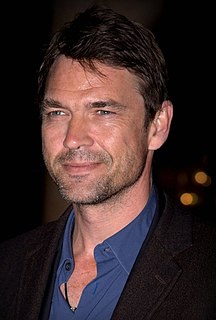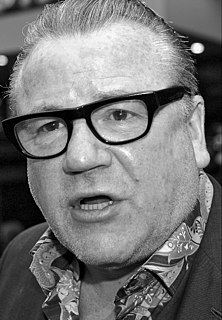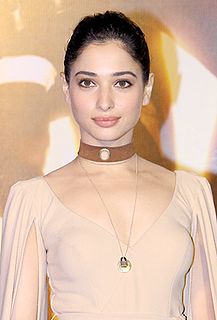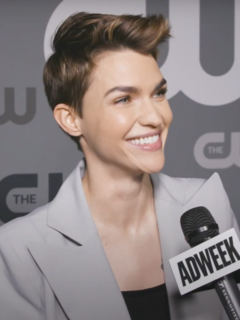A Quote by Michelangelo Antonioni
Favourite directors change, like favorite authors. I had a passion for Gide and Stein and Faulkner. But now they're no use to me anymore. I've assimilated them - so, enough, they are a closed chapter. This also applies to film directors.
Related Quotes
When I first started out, it was very, very difficult to even get in the room with directors or casting directors because they would see that I hadn't been to drama school and wouldn't want to see me. Now, I feel like it's changing. We have this new generation of a lot of writers, directors and actors who are just breaking through, and they're doing it for the passion.
I watched a lot of silent directors who were absolutely great like John Ford and Fritz Lang, Tod Browning, and also some very modern directors like The Coen Brothers. The directors take the freedom within their own movies to be melodramatic or funny when they chose to be. They do whatever they want and they don't care about the genre.
Most Chinese filmmakers grew up watching television; they watched films on television, not in cinemas. The scope of their vision is not big enough, they're not yet detail-oriented enough. You have to watch films in cinemas for years to understand the depth and scope of vision needed in filmmaking. Directors in China usually come from an academic background; they graduate as film directors. Whereas the directors from Hong Kong learn their trade on sets, beginning at the lowest rung.
I've had a real lucky time working in Hollywood. I've talked to other screenwriters, and they're all kind of beaten down and their spirits are crushed, because they work on these screenplays and these projects, and then directors either take them and change everything, rewrite them and make them worse, or they film them and they're nothing like how they imagined it to be.
I always feel like I learn more from directors that are new, and I also am able to understand how much I really do know about filmmaking when you work with directors that maybe don't have as much experience, so you're able to sort of take the reins. I know how to do these movies, I've done so many of them and have learned from new directors who are usually willing to try new things and are more open to allowing someone like me to kind of come in and just do what I know how to do.






































